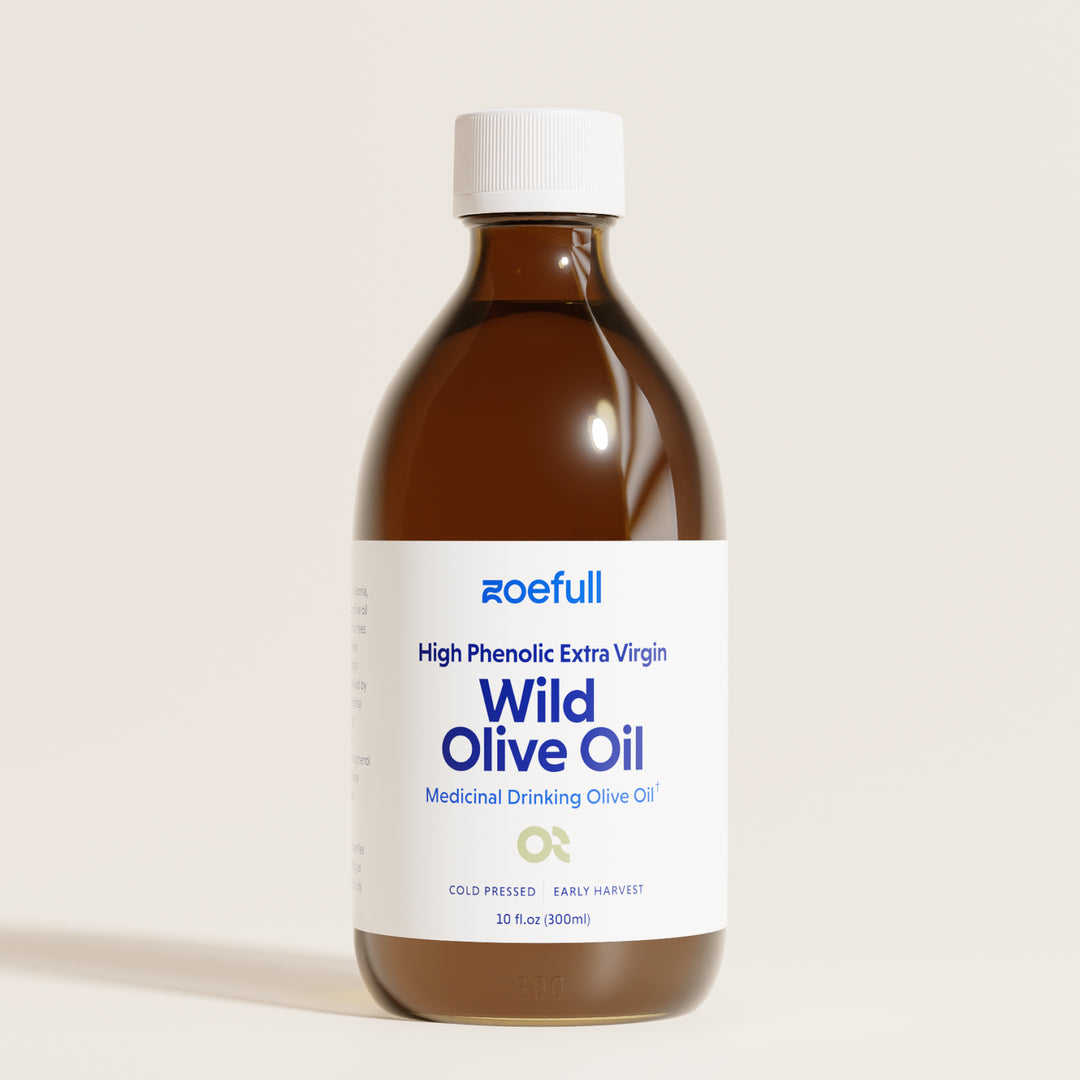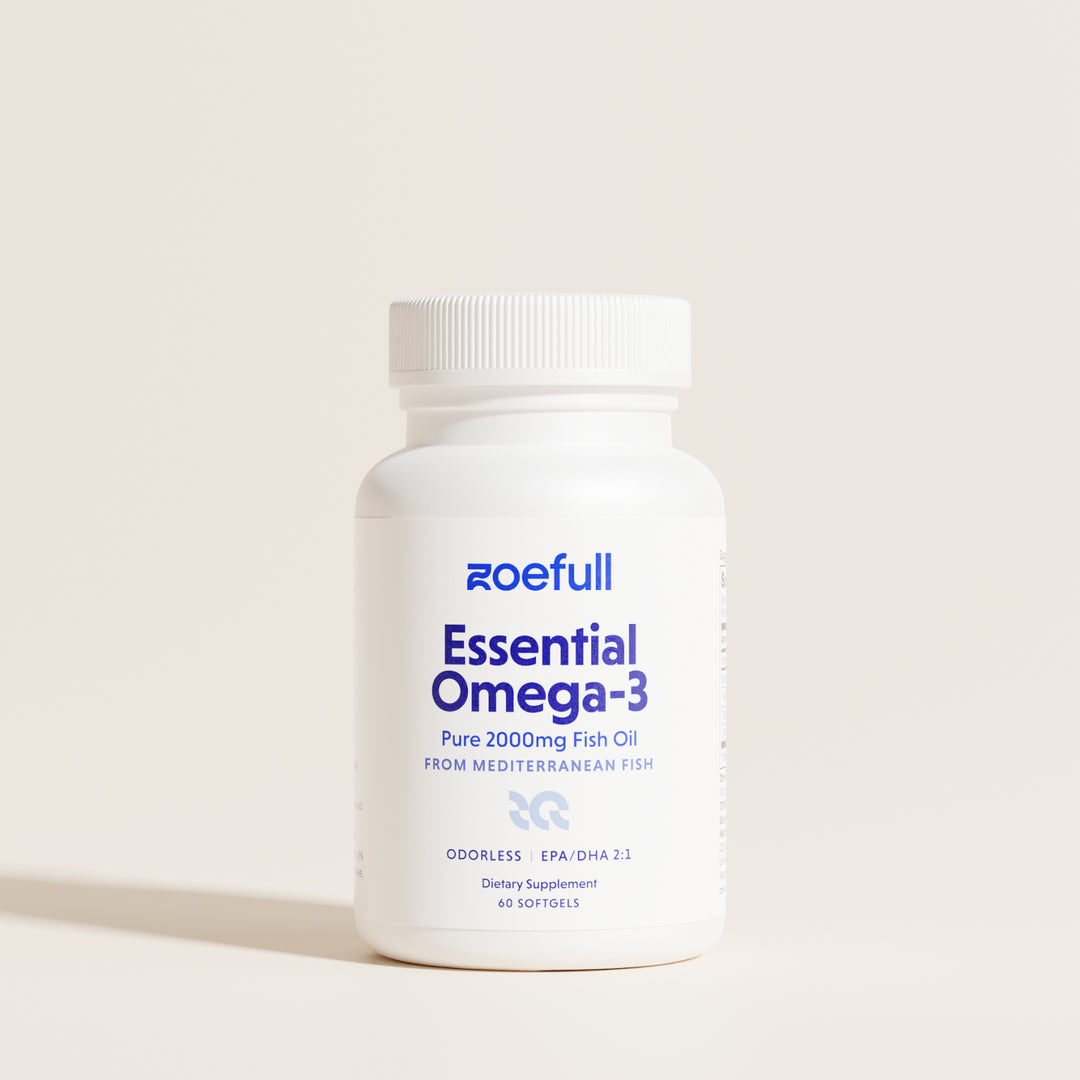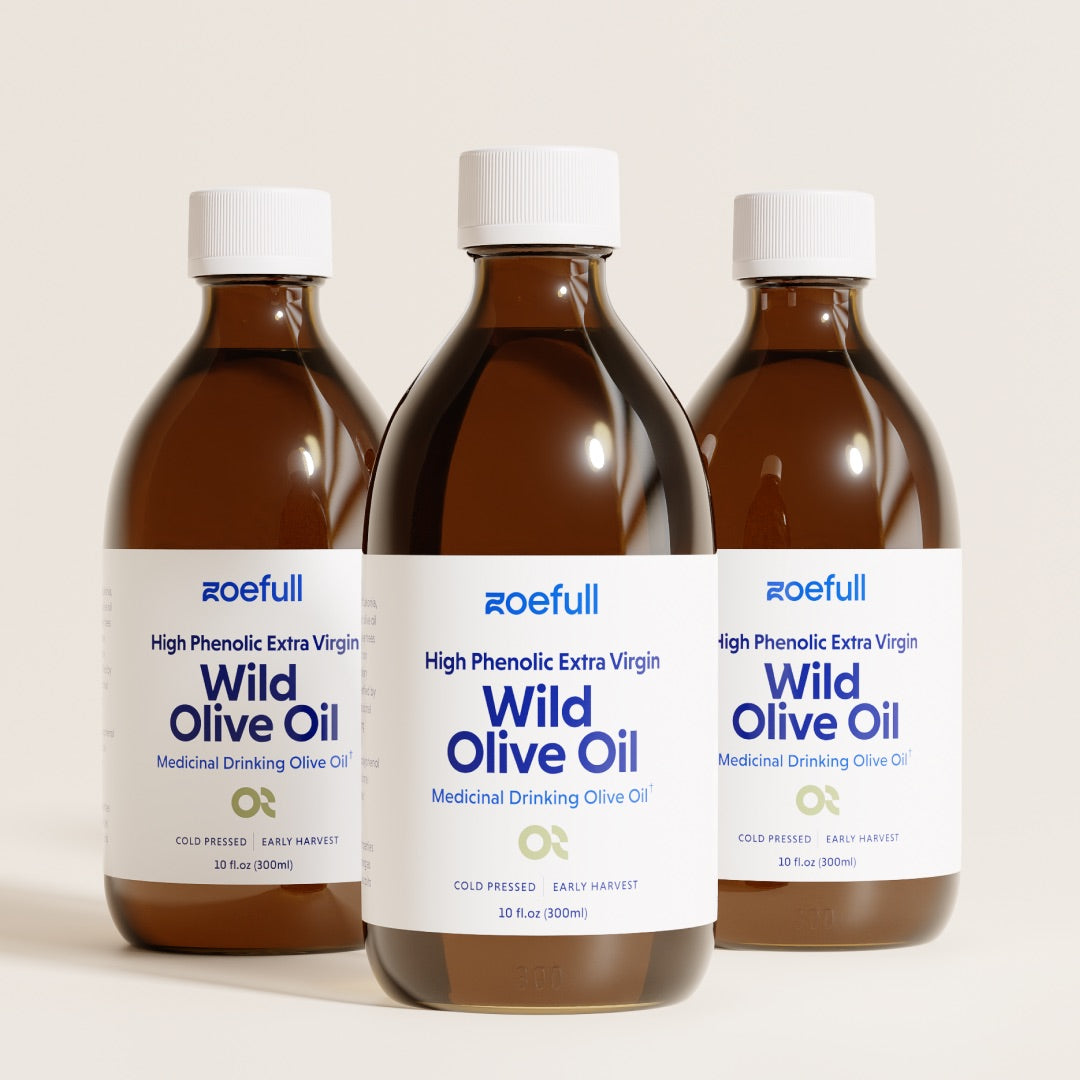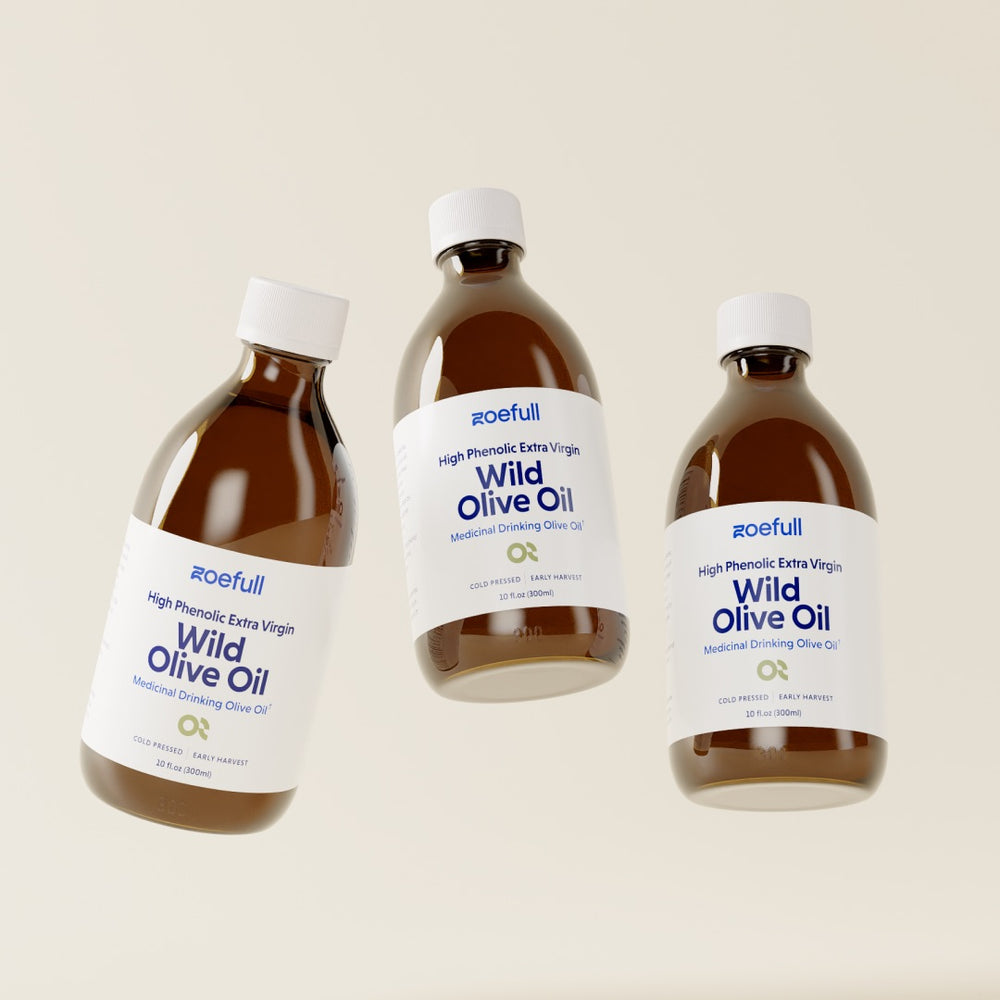Can Omega-3s Really Tame Chronic Inflammation?
Chronic Inflammation: Overview
Chronic inflammation is a state of prolonged, low-grade activation of the immune system exhibited by more than 60% of the global population (1). Recent reports place it among the leading causes of mortality worldwide, due to its close association with a large set of chronic diseases such as heart disease, cancer, diabetes, and neurodegenerative disorders (1). Specifically, emerging evidence suggests that chronic inflammation serves as a kind of "platform" on which the aforementioned diseases are able to thrive.
Chronic inflammation is characterized by elevated levels of circulating pro-inflammatory molecules, often described as a "pro-inflammatory storm." These molecules include cytokines, of which interleukin-6 (IL-6) and tumor necrosis factor-alpha (TNF-α) are key players, and C-reactive protein (CRP), a protein made by the liver (2). Cytokines, as their name suggests, and pro-inflammatory molecules in general, function to call immune cells into action. Under normal circumstances, when our body is invaded by microbes, allergens, or toxic substances, or we suffer an injury, these molecules are released into the bloodstream and signal immune cells to activate and take care of the problem (cyto = cell, and kine = to set in motion). This does not always pose a problem. In fact, being able to mount a robust acute inflammatory response is key to recovery from infections and healing from injuries. In chronic inflammation however, prolonged pro-inflammatory molecule releases, and consequent chronic activation of immunity, leads to systemic damage in the body which eventually manifests into the aforementioned serious diseases.
In order to tame CI and reduce the associated immune system activation, it is thus necessary to control the levels of pro-inflammatory molecules released in our bodies. One simple, yet effective way to do that, suggests a recent umbrella meta-analysis published in the journal of International Immunopharmacology (3), is to take Omega-3 fatty acid (fish oil) supplements.
The study: Investigation of the Effects of Omega-3 Supplements on CRP, IL-6, and TNF-α
To provide readers with a bit of background of what this study entails, we must first appreciate what a meta-analysis is. Simply put, a meta-analysis is a study of studies. Several scientific groups may be interested in a particular topic (e.g. the effects of an intervention on health), and each group conducts its own research on that topic and reports its results. As it is common in science, the outcomes of the different studies may not fully agree with each other - i.e. some researchers find A, others report B, other C, and so on. How can we then gauge what the true effect of, say, the investigated intervention on health, is? To answer this question, researchers conduct meta-analyses. Effectively this entails analyzing and combining the results of numerous independent studies and coming up with a consensus - a meta-analysis is a little bit like a democratic vote, where each study constitutes a vote on a scientific topic and the majority wins.
The study (3) actually went one step further. Instead of conducting a classical meta-analysis, the authors conducted a meta-analysis of meta-analyses (a meta-meta-analysis or an umbrella meta-analysis), effectively combining results from 32 meta-analyses and 456 scientific papers on the effect of omega-3 fatty acids on CRP, IL-6, and TNF-α. Specifically, the authors investigated the capacity of eicosapentaenoic acid (EPA) and docosahexaenoic acid (DHA) to reduce the concentrations of these molecules in humans.
Their combined results painted a clear picture: Supplementing with Omega-3 fatty acids (EPA and DHA) leads to statistically significant reductions in all three of CRP, IL-6, and TNF-α.
Omega-3 Supplementation Reduces CRP, IL-6, and TNF-α
The authors predominantly used an effect size metric called the standardized mean difference (SMD) to quantify the differences in pro-inflammatory molecule levels between two groups: A group supplementing with omega-3s and a control group which did not take omega-3s. For all three of the aforementioned pro-inflammatory molecules the authors reported negative average SMDs (SMD = -0.40 for CRP; SMD = -0.23 for TNF-α; SMD = -0.22 for IL-6). This finding supports that omega-3 group had reduced the levels of these compounds in the intervention group compared to the control, which did not take omega-3s. The authors then proceeded to make a couple of highlights; namely that a) a fewer than 10 weeks long intervention was sufficient to induce a profound reduction in IL-6, and b) that patients with diabetes and patients aged over 55 experienced a greater decrease in CRP following omega-3 supplementation.
These findings together support that omega-3 supplements can improve CRP, IL-6, and TNF-α, and thus provide further evidence for the potent anti-inflammatory nature of this supplement.
References
1) Pahwa R, Goyal A, Jialal I. Chronic Inflammation. [Updated 2023 Aug 7]. In: StatPearls [Internet]. Treasure Island (FL): StatPearls Publishing; 2025 Jan-. Available from: https://www.ncbi.nlm.nih.gov/books/NBK493173/
2) Ayoub SS. Fundamentals of Inflammation. Serhan CN, Ward PA, Gilroy DW, eds. Cambridge University Press; 2010.
3) Kavyani Z, Musazadeh V, Fathi S, Hossein Faghfouri A, Dehghan P, Sarmadi B. Efficacy of the omega-3 fatty acids supplementation on inflammatory biomarkers: An umbrella meta-analysis. Int Immunopharmacol. 2022 Oct;111:109104. doi: 10.1016/j.intimp.2022.109104. Epub 2022 Jul 30. PMID: 35914448.
























